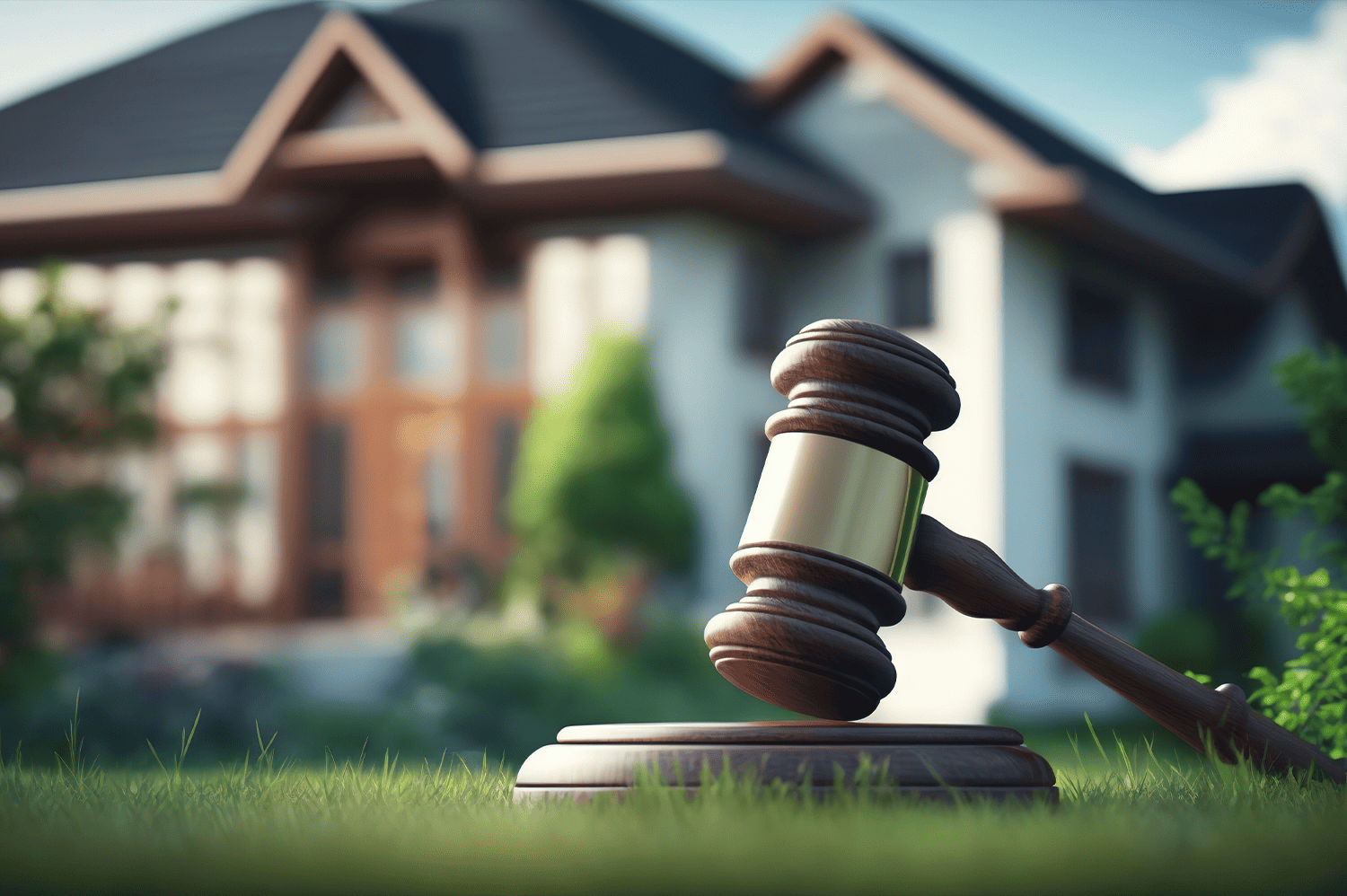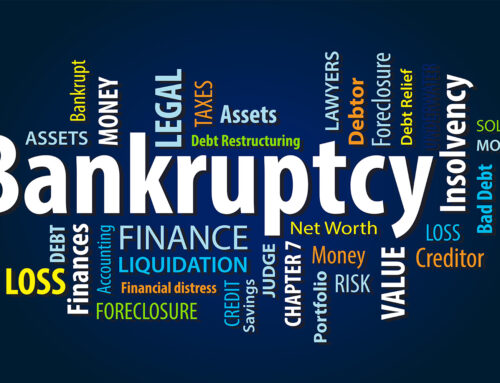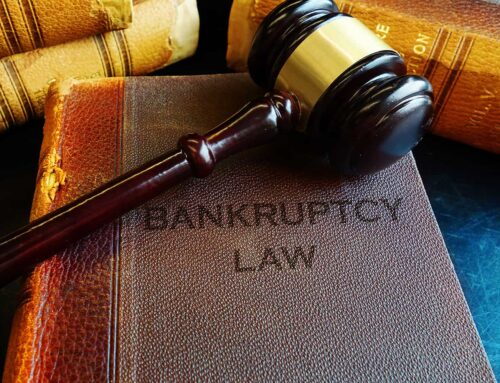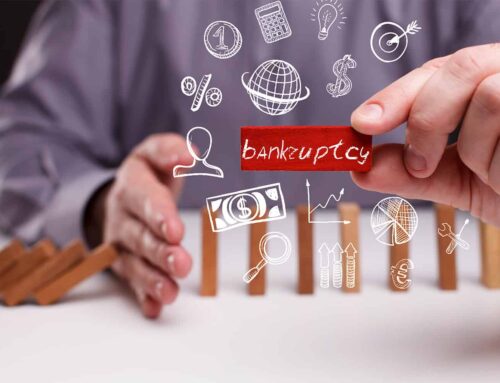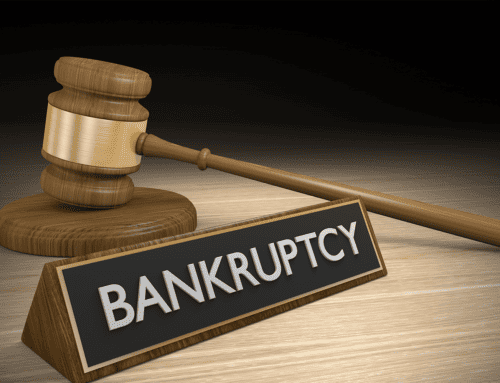Bankruptcy can be a scary process for people, and many people who file for bankruptcy may wonder what they could lose during and after filing. The prospect of losing the eligibility to purchase a home can be especially stressful to those who wish to do so in the near future. However, bankruptcy does not have to mean that the dream of homeownership is gone forever. Learn more about buying a home after filing for bankruptcy.
What Does Bankruptcy Mean?
While the term tends to have a bad connotation, bankruptcy can actually be a way for many people to get on the right path financially to be able to do things such as purchase a home in the future. Before delving into homebuyer prospects, it is important to learn more about two common types of personal bankruptcy for which individuals can file.
Chapter 7 Bankruptcy
Filing for Chapter 7 bankruptcy is a common path for people to take when they have exhausted all reasonable resources to pay off their debts and wish to have them completely cleared. In order for a debt to be cleared under Chapter 7 bankruptcy, it must be considered an unsecured debt. Unsecured debts refer to debts that are not backed by any type of collateral, and can include things like:
- Bills resulting from a medical emergency or other medical care
- Some student loans
- Credit card balances
Secured debt includes things like mortgages and car loans, and the collateral put forth for those loans may still be seized after filing for bankruptcy.
Chapter 13 Bankruptcy
Chapter 13 bankruptcy differs from Chapter 7 because those who file for this type of bankruptcy still have to repay what they owe. Instead of clearing the debts, filing for Chapter 13 makes it easier for borrowers to make their payments in full and on time. Chapter 13 bankruptcy can also be more helpful for people with a lot of secured debt, as it can help them pay back all of their debts over time without relinquishing collateral. Most people who file for Chapter 13 bankruptcy can expect to pay off their debts within three to five years.
Both Chapter 7 and Chapter 13 bankruptcy have pros and cons that each filer should discuss with a qualified professional such as a bankruptcy attorney, when choosing which is best for their individual circumstances. Keep in mind that some debts, such as those having to do with alimony and child support, cannot be cleared by filing for either type of bankruptcy.
What Does Each Chapter Mean for Homeownership?
Both types of bankruptcy initially lower the filer’s credit score. However, having a new opportunity to pay back existing debts in a timely manner means that the filer can work to repair their credit score over a period of a few years or more. Once a filer brings their credit score back up, they will have a better chance of securing a good loan on a home.
Chapter 7 vs. Chapter 13
It is generally easier for those who file for Chapter 13 bankruptcy to repair their credit scores and secure a home loan compared to those who file for Chapter 7. This is because Chapter 13 filers can continue to make timely payments, which is a factor that credit bureaus use when determining one’s credit score.
However, people who need to file for Chapter 7 bankruptcy should not lose hope on the possibility of owning a home. By having previous debts cleared, these filers can begin to build their savings back up in anticipation of making a down payment on a piece of property.
Regardless of which type of bankruptcy someone files for, the type of loan that they get also makes a difference when it comes to purchasing a home. For example, Federal Housing Administration, or FHA, loans have a lower credit score requirement for borrowers when compared to more traditional loans. In addition, most home loans of all types require a certain amount of time to pass between the release of bankruptcy and the application of the loan.
With time as well as repair to their credit scores, filers of both Chapter 7 and Chapter 13 bankruptcy can eventually have the opportunity to buy a home.
How Else Can Filers Repair Their Credit Scores?
Besides going through the waiting period, having a poor credit score is often one of the main reasons why someone may have difficulty buying a home after declaring bankruptcy. In addition to paying bills on time, some other ways that one can repair their credit score include not going over their credit card balance and routinely checking their checking report for errors.
Looking To Buy a House After Bankruptcy?
If you want to know more about purchasing a home after bankruptcy, contact the Law Offices of Brent D. George today to learn more about the best options that you can take to protect your financial and legal well-being now and in the future.

